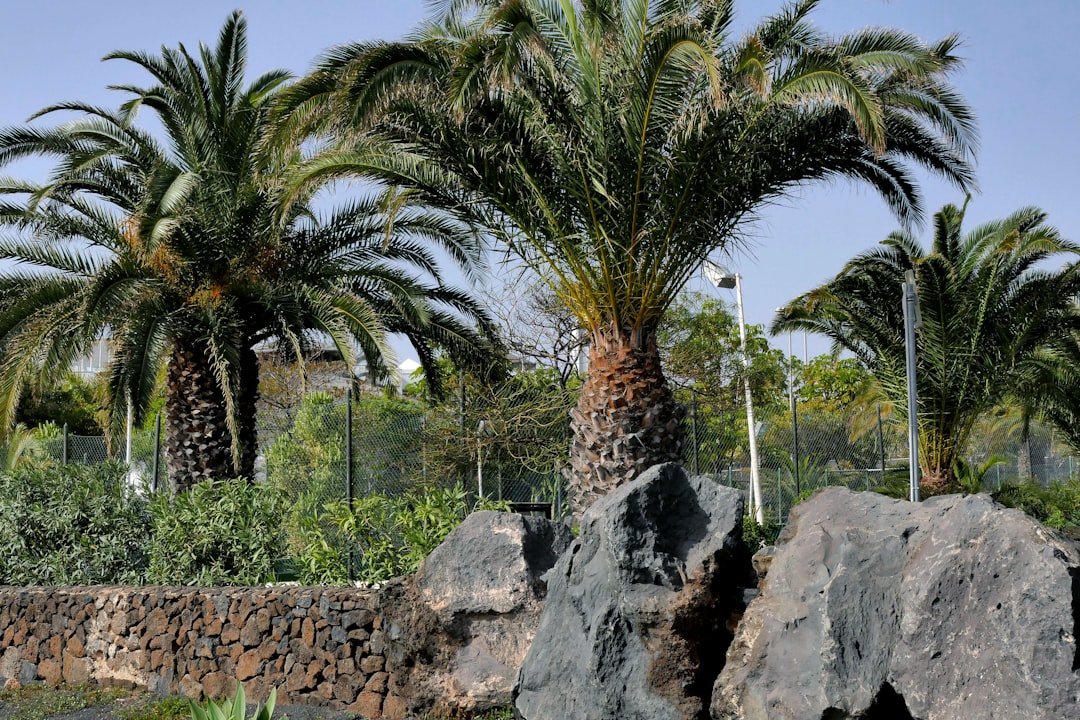What is it about?
DNA showed significant traces of range fragmentation in several African rainforest legume trees at a date that suggests forest fragmentation driven by ice-age arid climate. Species recovery after fragmentation seems to reflect their recolonization abilities.
Featured Image

Photo by Edouard TAMBA on Unsplash
Why is it important?
Although today the rainforest is continuous in Central Africa, the scarce fossil record suggests that arid conditions during the ice ages might have reduced tree density. However, the vast majority of the fossil pollen cores preserved in Tropical Africa are too young to inform about this period. Investigating whether the climate change left a genetic signature on trees can thus be useful to date past forest fragmentation. For each species, different fragmentation times were obtained in agreement with their different recolonization abilities in an expanding forest biome after fragmentation. The signal of fragmentation was older in species with limited seed and pollen dispersal than in species with long-distance dispersal.
Read the Original
This page is a summary of: Contrasting genetic signal of recolonization after rainforest fragmentation in African trees with different dispersal abilities, Proceedings of the National Academy of Sciences, July 2021, Proceedings of the National Academy of Sciences,
DOI: 10.1073/pnas.2013979118.
You can read the full text:
Contributors
The following have contributed to this page










